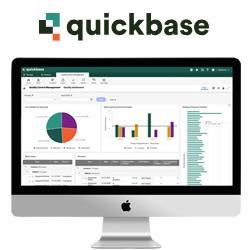Maxwell to host Cold Engine Starting webinar featuring Dr. John Miller.
John will discuss how ultracapacitors succeed in cold engine starting environments. Participants will gain a greater understanding of how ultracapacitors provide higher energy storage and offer more efficiency to help create cleaner and quieter transportation vehicles.
The impetus for cleaner, quieter and "friendlier" Class 3-to-8 trucks grows stronger each year, and the need is reinforced through non-idling regulations in virtually all states in the United States. Shuttle buses, vans and light commercial trucks in the Class 3-to-6 category are already trending to some form of hybridization whether it is hydraulic hybridization of shuttle buses and vans or refuse trucks, up through transit buses. Heavy cargo haulers, over the road trucks and other vehicles in the Class 7-to-8 category have yet to see any form of hybridization, but are subject now to extended drain on their battery systems as operators still need power for cabin climate control, amenities and engine starting. Class 7-to-8 trucks that, in the past relied on up to four heavy-duty batteries in parallel for cold starting, now need as many as eight or more batteries for electrical loads with the engine off.
Engine starting is a requirement, and the need for both non-idling and meeting tractor electrical demands has resulted in some after-market operations. Attendees will learn why ultracapacitors are particularly suited as standby power modules to crank the engine in cold starting.
Sign up for this webinar and receive a download link to your free copy of, "Start your Cold Engine with Ultracapacitors" whitepaper.
When and Where
Wednesday, April 4 at 9:30 a.m. PDT
Please register at: http://w.on24.com/r.htm?e=41373&s=1&k=36DED09EF90DAC1A796E7787F6920F93
Featured Product

